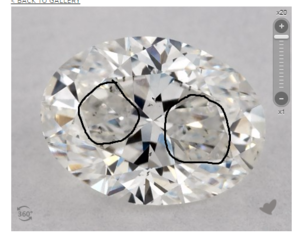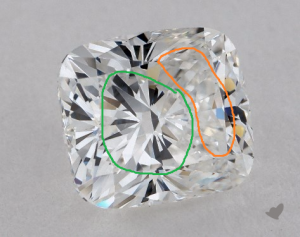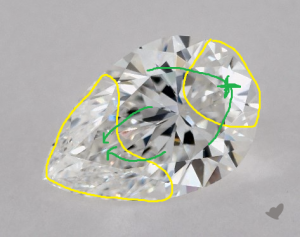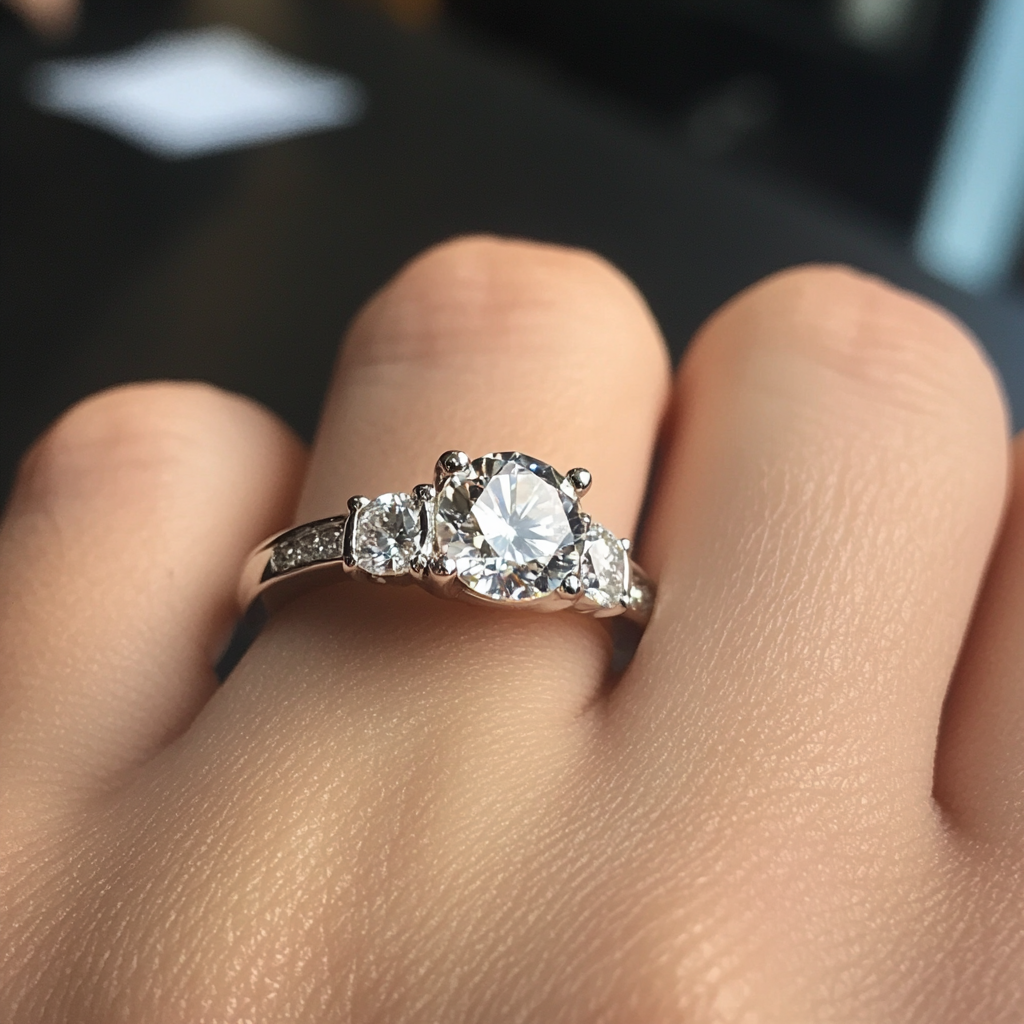- Joined
- Jul 21, 2004
- Messages
- 9,159
There are a few terms that are used rather differently here than in normal conversation. 'Leakage' and 'spread' come to mind.
Mush: areas of the diamond that have many small areas that are inefficient at returning light looking mushy and dark compared to the surrounding areas.
It has nothing to do with sharpness at all, its poor light return.
What would you say about the mention of the virtual facets (or lack of) as part of the definition?
makes it more complex and no more accurate in my opinion but either one works.....
Mush: areas of the diamond that have many smaller virtual facets that are inefficient at returning light looking mushy and dark compared to the surrounding areas.
vs
Mush: areas of the diamond that have many small areas that are inefficient at returning light looking mushy and dark compared to the surrounding areas.
@Karl_K said:
makes it more complex and no more accurate in my opinion but either one works.....
Mush: areas of the diamond that have many smaller virtual facets that are inefficient at returning light looking mushy and dark compared to the surrounding areas.
vs
Mush: areas of the diamond that have many small areas that are inefficient at returning light looking mushy and dark compared to the surrounding areas.
Interesting take on this - I like it and I take your point.
I got caught up in a few other projects, but will re-post a modified list soon - thanks!
Those areas are not mushy as they are clearly returning light.Furthermore, the description of mushy areas as "dark" is not always accurate, as shown in this example (from a recent thread), in which the mushy crushed-ice regions of the oval are lit up brighter than the belly region -- so much so that OP thought there was a bowtie problem:




It is subjective, there is no way to get around that.I felt some of the abbreviations would spark some small debate - but I love this exchange. If the term "mush" is commonly used in reference to 'crushed ice' look - that would be unfortunate, in my opinion.
I like that Karl references relative brightness, but I also see how that makes the term subjective. But it IS a subjective term isn't it?
